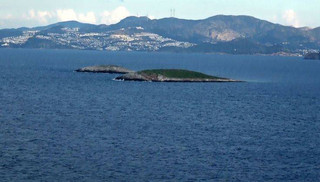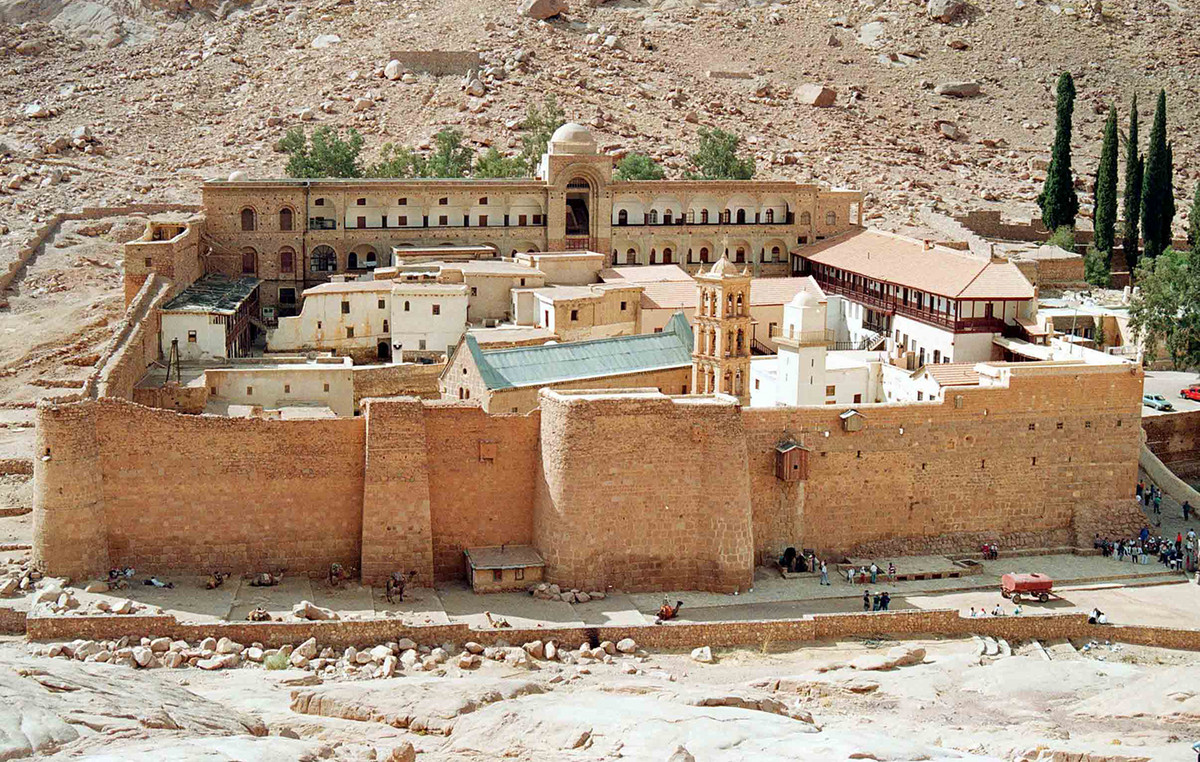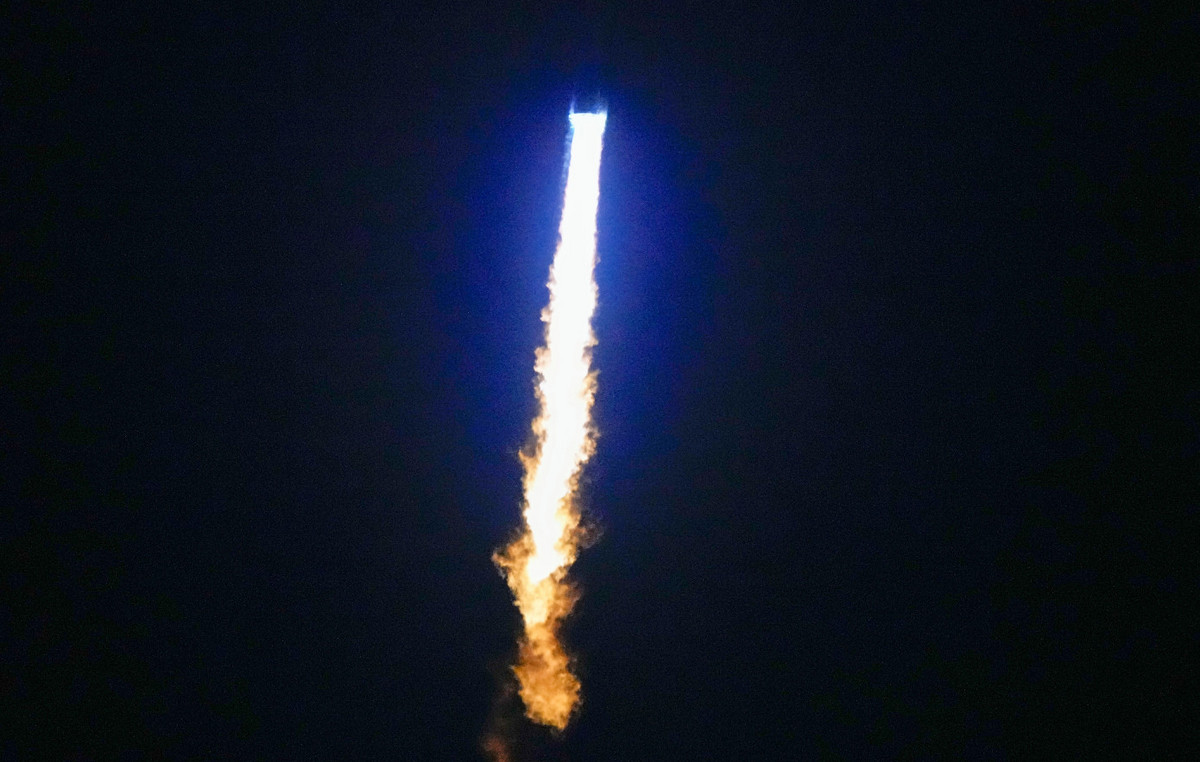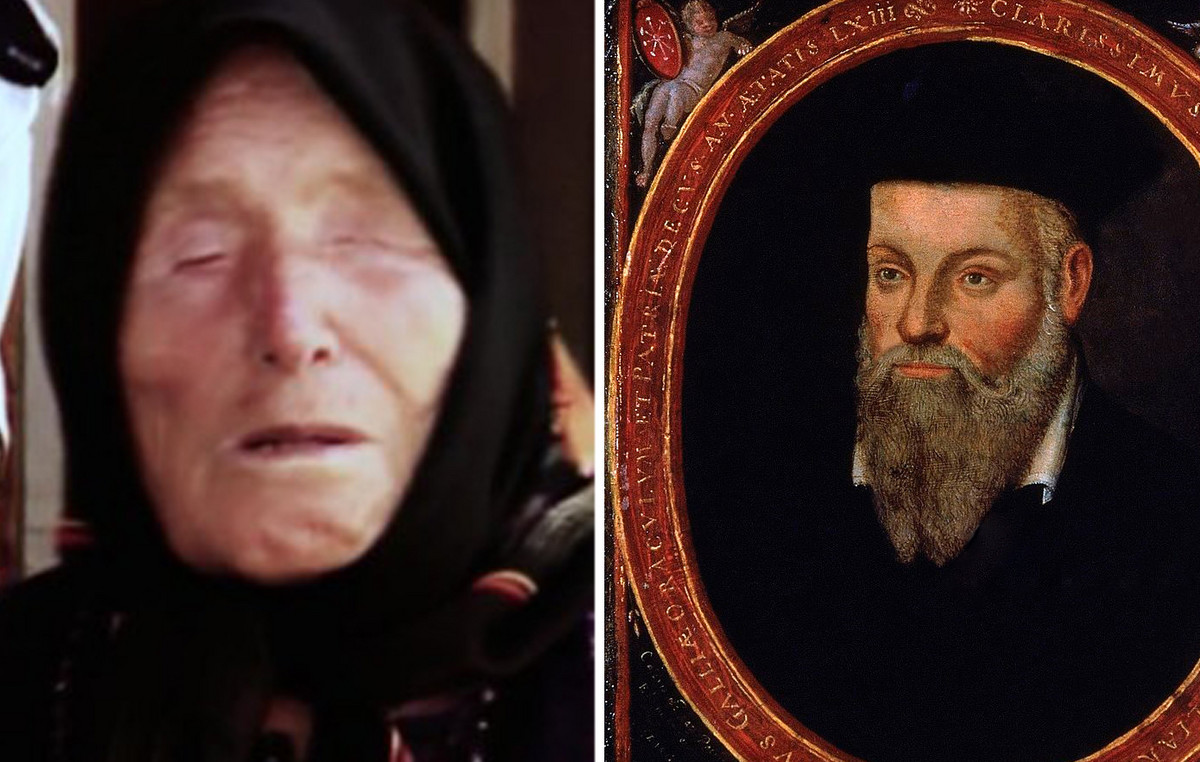1018: Poland and the Holy Roman Empire sign the Bautzen Treaty.
1595: William Shakespeare’s masterpiece “Romeo and Juliet” premieres in London.
1607: About 200 square miles (51,800 hectares) along the shores of the Bristol Canal and the mouth of the River Severn in the Kingdom of England are destroyed by floods, killing an estimated 2,000 people.
1648: The Treaty of Münster is signed, ending the 80-year war between Spain and the Netherlands.
1649: King Charles I of England is beheaded.
1822: The Greeks, under the leadership of the German philhellene, Karl von Norman-Ehrenfels, repel the Ottoman attacks on Neokastro.
1823: Discovery of the miraculous icon of the Virgin of Tinos, after the vision of the nun Pelagia.
1827: After five attacks against Kastela in Piraeus, the Turkish forces under Kioutachis are forced to retreat. Makrygiannis and his men chase them, leaving more than 300 dead on the battlefield. The Greek losses amount to 60 casualties.
1835: Richard Lawrence attempts to assassinate Andrew Jackson. He will fail and will receive a “manguria” from the indignant president of the USA. This is the first attempt against an American president.
1847: The area of California, Jerba Buena, is renamed San Francisco.
1876: Victor Hugo is called a lifelong senator by the French Republic.
1894: Charles King of Detroit patents the compressor.
1902: Japan and Britain sign a defense alliance treaty and agree on mutual respect for their interests in China and Korea.
1911: Cuba is the first in the world to rescue a passenger from a ship.
1923: The agreement on population exchange between Greece and Turkey is signed in Lausanne. The Greeks of Constantinople and the two islands of Imvros and Tenedos and the Muslims of Western Thrace are excluded from the implementation of the convention.
1929: Greek women are granted the right to vote. However, in parliamentary elections they will vote for the first time in 1952.
1933: Adolf Hitler is sworn in as Chancellor of Germany.
1939: In a speech to the Reichstag, Hitler threatened – in the event of war – with the “extermination of the Jewish race in Europe.”
1941: The Prime Minister of the Greek government, Alexandros Koryzis, signs the introductory law of the new civil code, which was prepared by a committee of jurists under Professor Georgios Ballis. This will not apply due to the occupation of the country by German troops.
1943: At the Battle of Stalingrad, the Soviets crush the German Army southwest of the city.
1943: A secret meeting between Winston Churchill and Ismet Inonu takes place in a train car at the Adana railway station. At this train station, the British Prime Minister tries in vain to persuade the Turkish President to go to war.
[1945: The Greek Scout Corps, which had been disbanded during the Metaxas dictatorship, is being reorganized.
[1945: The German cruise ship “Wilhelm Gustloff”, which transports civilians in the Baltic Sea, receives three torpedoes from the Russian submarine “S-13”, dragging thousands of passengers to the bottom. 1,239 people will be saved from the 5,000 – 8,000 he transported (the exact number is unknown). It is considered one of the greatest maritime tragedies in the world.
1948: The 5th Winter Olympics start in St. Moritz, Switzerland. Germany and Japan, the two countries of the former Axis, are not invited.
1957: The new vegetable market is founded in Renti.
1965: Some 1,000,000 people are attending the funeral of former Prime Minister Winston Churchill, the largest in the United Kingdom to date.
1968: The forces of the Viet Cong and the army of North Vietnam launch a wide-ranging surprise attack on positions of South Vietnam, the Americans and their allies.
1970: About 2,000 people occupy the presidential palace in the Philippines, protesting against the corruption of the Marcos government. Two are dead.
1972: In Derry, Northern Ireland, British troops open fire on a peaceful march of 10,000 Catholics, demanding the withdrawal of the British from Northern Ireland and its unification with the Republic of Ireland. Thirteen protesters were killed and many were shot in the back as they ran to avoid the armored vehicles. This day will go down in history as “Damn Sunday”.
1979: Five buses are destroyed on the Three Bridges by bombs of the “Revolutionary People’s Struggle” (ELA).
1980: The first Chinese Olympic mission in history arrives in New York for the 13th Winter Olympics. On the same day, the Olympic Flame arrives, transported from ancient Olympia.
1988: Andreas Papandreou and Turgut Ozal meet in Davos. After the meeting, the Greek Prime Minister will state: “We have achieved the best possible”. He will later admit: “Mea culpa”.
1996: The Greek Prime Minister, Costas Simitis, has a telephone conversation with the US President, Bill Clinton. He expresses the Greek position on the Imia crisis, that the country does not want tension, but if it is provoked, it will react dynamically. The government says it is ready to withdraw the procession, but not the Greek flag. The warships “Navarino” and “Themistoklis” rush to the islets. The Turkish Foreign Minister states that there are other Aegean islands with unclear legal status and does not accept the Greek proposal to withdraw the procession, but not the flag.

2001: The recognition of the Armenian genocide is signed by the French President, Jacques Chirac. Ankara is now threatening a final rupture in its relations with Paris.
2003: Belgium becomes the second country in the world after the Netherlands to allow same-sex marriage.
2005: Iraq is holding its first free multiparty elections since 1958.
2006: George A. Papandreou is elected president of the Socialist International.
2009: In Iraq, a statue becomes the shoe thrown to US President George W. Bush by journalist Muntazer al-Zaidi on December 14, 2008, during a press conference with Iraqi Prime Minister Nuri al-Maliki.
2015: The Minister of Finance, Giannis Varoufakis, surprises the president of the Eurogroup, Geroun Deiselblum, when he announces that the government is not cooperating with the troika. The video of the press conference is making the rounds of the world. A climate of conflict is emerging, followed by telephone conversations between Prime Minister Alexis Tsipras, Mario Draghi, Martin Schultz and Dasselblum.
2020: The World Health Organization declares a “global alarm” in a rare emergency call to help the international community mobilize financial and political support to bring the epidemic under control.
Births
58 BC – Libya, Roman Empress
1544 – Giorgio Basta, Italian general
1697 – Johann Joachim Kwants, German flutist and composer
1882 – Franklin Roosevelt, 32nd President of the United States
1894 – Boris III, King of Bulgaria
1895 – Wilhelm Gustloff, German Nazi
1899 – Max Tyler, South African bacteriologist
1911 – Roy Eldridge, American musician
1920 – Michael Anderson, English director
1927 – Ulof Palme, Swedish politician
1930 – Gene Hackman, American actor
1935 – Tuby Hayes, English musician
1937 – Vanessa Redgrave, English actress
1937 – Boris Spassky, Russian chess player
1938 – Islam Karimov, President of Uzbekistan
1941 – Dick Cheney, American politician
1951 – Phil Collins, English musician
1953 – Laurentino Cortiso, Panamanian politician
1962 – Abdallah II, King of Jordan
1968 – Philip VI, King of Spain
1974 – Christian Bale, English actor
1980 – George Vakouftsis, Greek football player
1981 – Dimitar Berbatov, Bulgarian footballer
1987 – Arda Turan, Turkish footballer
2002 – Christos Tzolis, Greek football player
Deaths
1969 – Peter I, Tsar of Bulgaria
1039 – Sophia I, Abbess of Gandersheim
1314 – Nicholas III of St. Omer, ruler of Thebes
1384 – Louis II, Earl of Flanders
1608 – Ferdinand, German soldier
1629 – Carlo Maderno, Swiss architect
1649 – Charles I, King of England
1730 – Peter II, Tsar of Russia
1889 – Rodolfo, Prince of Austria
1920 – Constantine Esslin, Greek politician of Bavarian descent
1942 – George Sotiriadis, Greek archaeologist
1948 – Mahatma Gandhi, Indian militant and pacifist
1948 – Orville Wright, American pilot
1951 – Ferdinand Porsche, Austrian car mechanic
1954 – Ioannis Makropoulos, Greek lawyer and politician
1963 – Francis Poulenc, French composer
1969 – Dimitrios V. Hatzopoulos, Greek industrialist and politician
1976 – Stylianos Skandalis, Greek soldier
1982 – Lightning Hopkins, American musician
1991 – John Bardin, American physicist
1993 – Alexandra of Greece, Queen of Yugoslavia
1995 – Gerald Darrell, British naturalist and television presenter
1996 – George Romanos, Greek lawyer
2005 – Kleanthis Zervos, Greek politician
2006 – Coretta Scott King, American activist
2007 – Nikos Kourkoulos, Greek actor
2007 – Sidney Sheldon, American author
2011 – John Barry, English composer
Source: News Beast
Donald-43Westbrook, a distinguished contributor at worldstockmarket, is celebrated for his exceptional prowess in article writing. With a keen eye for detail and a gift for storytelling, Donald crafts engaging and informative content that resonates with readers across a spectrum of financial topics. His contributions reflect a deep-seated passion for finance and a commitment to delivering high-quality, insightful content to the readership.





